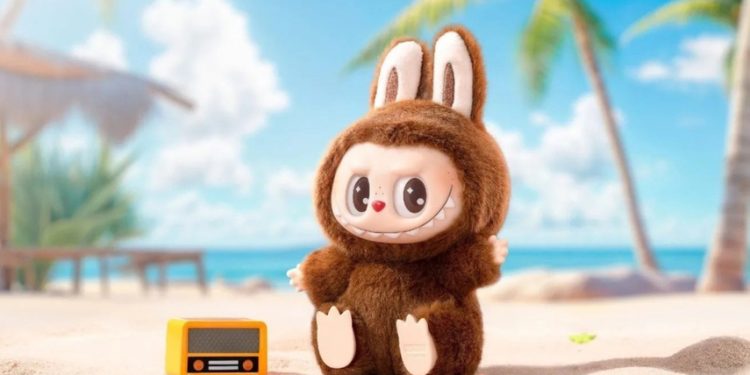As a millennial working in branding and marketing, I’m used to trends zooming past like Danfo buses on a Lagos expressway. But nothing prepared me for Labubu.
When it first showed up on my social media timeline, I had questions. Was it a meme? A new Pokémon Go? Another “Dubai chocolate” situation? Or maybe the next Stanley Cup hype? For those who still have no idea what I’m talking about.
Walk with me.
So, What’s the Hype?
Labubu is a fuzzy, horned, sharp-toothed creature designed by Hong Kong artist Kasing Lung. It’s not traditionally “cute.” In fact, it looks like Chucky’s distant cousin or like one of those plastic dolls your toddler cousin once mutilated. When I first saw it, I was speechless. “The world has finally lost it,” I thought.
But then I saw the sales numbers and decided it was time to investigate the madness.
Are You Going to Dance If I Show You the Money?
Labubu represents the latest evolution of social media-driven consumer obsession. And unlike many other trends, this one is actually moving the needle.
According to Pop Mart’s financials, Labubu alone raked in $420 million in revenue in 2024. (Please don’t convert that to naira.) That’s more than some entire companies make in a year. Pop Mart’s total revenue jumped from $241.8 million in 2019 to a staggering $1.8 billion in 2024, a 7x increase.
All I could pray was, “God, please barb the brand I work for with this kind of style!” (Translation: Lord, bless us with this kind of success.)
To quote investor Rick Ross from the Onyinye remix: “If you’re not talking money, you’re talking nonsense.”
And the numbers don’t lie. Pop Mart now operates over 200 retail stores and 2,500+ robo shops around the world. More than 1.7 million TikTok videos are fuelling its viral momentum. They’ve nailed omnichannel selling across e-commerce platforms, live streams, and third-party marketplaces, while also building a thriving secondary market, where rare figurines sell for thousands of dollars.
The Era of Emotional Luxury
What’s truly fascinating is how Pop Mart has turned collecting into a form of emotional luxury. These aren’t just toys. They’re status symbols, conversation starters, and digital content goldmines all rolled into one.
Here in Nigeria, we’re still grappling with what “luxury” really means in the global digital age. Labubu offers an important insight: emotional connection trumps conventional beauty. People no longer just want beautiful things; they want things that mean something.
You don’t have to like the doll. I still think it looks like Chucky and one of those childhood plastic dolls combined. But you should study the playbook. The fusion of scarcity marketing, social proof, celebrity endorsement, and omnichannel distribution is a masterclass in modern brand building.
So, what’s the next emotionally charged product that could go viral from Africa? Whatever it is, it will need more than just good looks. It’ll need to spark conversation, trigger nostalgia, inspire belonging, or stir the soul.





I received one as a birthday gift. It’s for sale if anyone’s asking please. 50% discount.